Excerpts from De Cierta Arenaby Maricela Duarte-Stern Jane y John Doe* El sol brilla para todos y mucho más cuando en el camino se van dejando sucesivamente pétalos anhelos uno mismo Dicen que el desierto palpita por eso los cactus danzan al ritmo inquebrantable del viento La noche es corta cuando se va en busca de un sueño el día es eterno para quienes ya no pueden abrir los ojos No hay tumba para ellos allí quedan mirando al cielo o mejor aún bocabajo en una charla inaudible con la arena * Nombres dados en Estados Unidos a cadáveres de identidad desconocida. Braceros Hay instantes incluso armoniosos atardeceres en que las aves buscan a la deriva la urna de sus sueños Sin embargo ese golpe a la memoria esa imagen no es suficiente para liberarte del pálido hastío de la ausencia Volteas tratando de alcanzar el sur te aferras a creer y hasta repasas metódicamente las calles lluviosas y los familiares rincones que dejaste inconclusos Tus manos ahora entrelazadas a la tierra saben que estas no son tus raíces y colocan obedientes la cebolla en la cesta deseando que sea la última Continúas afanoso te limpias el sudor justificando tu mirada inalcanzable Pero ¿qué hay en realidad en tus ojos? Cuando el poeta escribe se empeña en develar lo que hay detrás del pesado telón que lo sustenta Quiere alumbrar con una vela el más oscuro de los abismos Se aleja como un ermitaño más allá del canto de las sirenas de los sueños olvidados El poeta busca y en su travesía sólo logra recolectar las minúsculas huellas de la fiera que aún ruge a lo lejos Mientras escribo nada puede hacer la tinta al impregnarse en la hoja las aguas del tiempo no se detienen los pasos de la muerte hacen ruido no permiten escuchar el vertiginoso transcurrir de la vida Escribo otro verso sé que al otro lado del mundo y dentro de mí alguien muere  Maricela Duarte-Stern (Chihuahua, Chih. México 1976) Resides in Las Cruces, New Mexico since 2002. Compiler of: Rehilete, Antología Literaria para Niños. ICHICULT/FONCA 1999. In 2014 published El Gato en la Azotea, by Ediciones Poetazos. Co-author: Voces de la hispanidad en Estados Unidos: una antología literaria. 2018. Her most recent book of poetry: De cierta arena Ediciones La Mirada, 2019.
1 Comment
"Pilgrim" and "Carved Over" from Mowing Leaves of Grass by Matt Sedillo with Review |
| Two recent poems by René have been nominated for the Pushcart Prize and one other for the Best of the Net competitions for 2020. | Born in San Antonio, he now lives in New York City, a noted Chicano poet and multi-talented musician. He is the product of a legacy fashioned by Galván’s |
Galván tells of his elders riding on aging trucks to harvest a few dollars from the fields in the ’30s and ’40s, of his writer father filling his ink pen, its “barrel, incandescent as opal,” of the childhood home bought through a white friend so his family could buy it, even of the relentless reach of racism when recently a white man cursed him for being brown in a NYC supermarket.
The cover photo shows his mother, Eva Mireles Ruiz, third from the left, with some of her siblings and cousins, seated, legs dangling, on the bed of Abuelito Toño's truck, which carried the family to California and back as migrant workers. His Aunt Belia is far left and his Uncle Reyes (of the poem, “Hero”) is on the far right.
Rinconcito
is a special “little corner” in Somos en escrito for short writings: a single poem, a short story, a memoir, flash fiction, and the like.
The Fence
In my backyard is a fence,
It divides mothers from children,
It divides the collective art form of society,
It divides Mexico from US,
It divides.
“They take away our jobs,” they say
But when they are asked to clean the school hallways,
“It is someone else’s job for lower pay.”
Land of the free
But in order to flee,
Take a number please,
You are number one million, two hundred and six thousand, five hundred three.
You wait for years, but are still denied
They don’t understand you just need a place to hide, but
Unfortunately you have a cousin on red, white, and green’s lower south side.
All you want is a better,
Life
Without guns yelling outside your front door,
Without murders and neighbors being turned into whores,
Without the constant suffocation of this drug war.
In my backyard is a fence,
It divides mothers from children,
It divides the collective art form of society,
It divides Mexico from US,
It divides.
Life from death.
But they will not let you cross to,
Live.

El Rinconcito, the little corner, is a special niche in Somos en escrito for short literary works: single poems, essays, short stories, flash fiction, young writers, and the like. Submit manuscripts to [email protected].
Archives
July 2024
April 2024
February 2024
July 2023
June 2023
May 2023
March 2023
February 2023
January 2023
November 2022
October 2022
September 2022
August 2022
May 2022
April 2022
March 2022
February 2022
January 2022
November 2021
October 2021
September 2021
August 2021
July 2021
June 2021
May 2021
March 2021
January 2021
December 2020
November 2020
October 2020
September 2020
August 2020
July 2020
June 2020
May 2020
April 2020
March 2020
February 2020
January 2020
November 2019
October 2019
September 2019
August 2019
July 2019
June 2019
May 2019
April 2019
March 2019
February 2019
January 2019
November 2018
September 2018
August 2018
July 2018
May 2018
April 2018
March 2018
February 2018
March 2017
January 2017
May 2016
February 2010
Categories
All
Archive
Argentina
Bilingüe
Book
Book Excerpt
Book Review
Boricua
California
Caribbean
Central American
Cesar Chavez
Chicano
Chicano/a/x
Chumash
Chupacabra
Círculo
Colombiana
Colombian American
Colonialism
Cuban American
Culture
Current Events
Death
Debut
Dia De Los Muertos
Diaspora
Dominican American
Dreams
East Harlem
Ecology / Environment
El Salvador
Emerging Writer
English
Excerpt
Family
Farmworker Rights / Agricultural Work / Labor Rights Issues
Flashback
Floricanto
Food
History
Identity
Immigration
Imperialism
Indigenous
Indigenous / American Indian / Native American / First Nations / First People
Interview
Language
Latin America
Love
Mature
Memoir
Memory
Mestizaje
Mexican American
Mexico
Nahuatl
Nicaraguan-diaspora
Nicaraguan-diaspora
Ofrenda
Patriarchy
Performance
Peruvian American
Poesia
Poesía
Poesía
Poet Laureate
Poetry
Prose Poetry
Puerto Rican Disapora
Puerto Rico
Racism
Review
Salvadoran
Social Justice
Southwest
Spanish
Spanish And English
Surrealism
Texas
Translation
Travel
Ulvalde
Visual Poetry
War
Women
Young-writers
Donate and Make Literature Happen
is published by the Somos En Escrito Literary Foundation,
a 501 (c) (3) non-profit, tax-exempt corporation. EIN 81-3162209


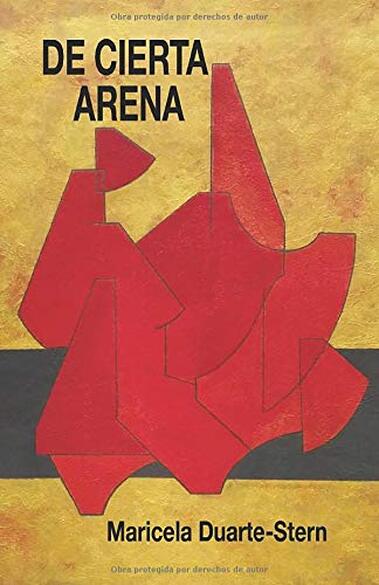
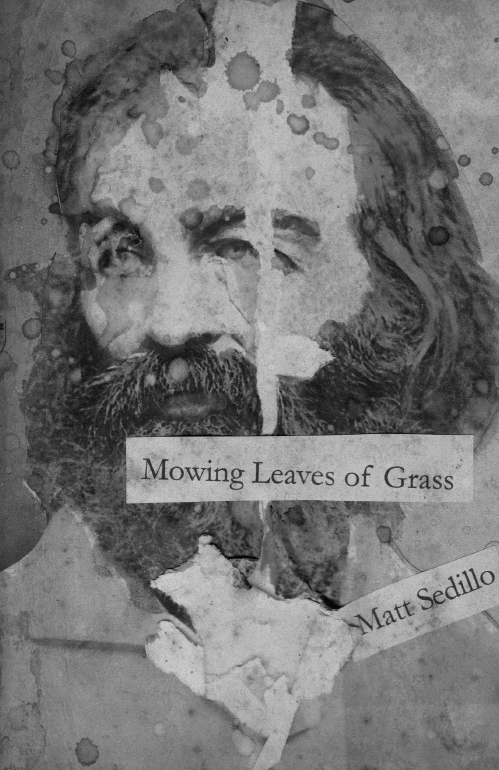
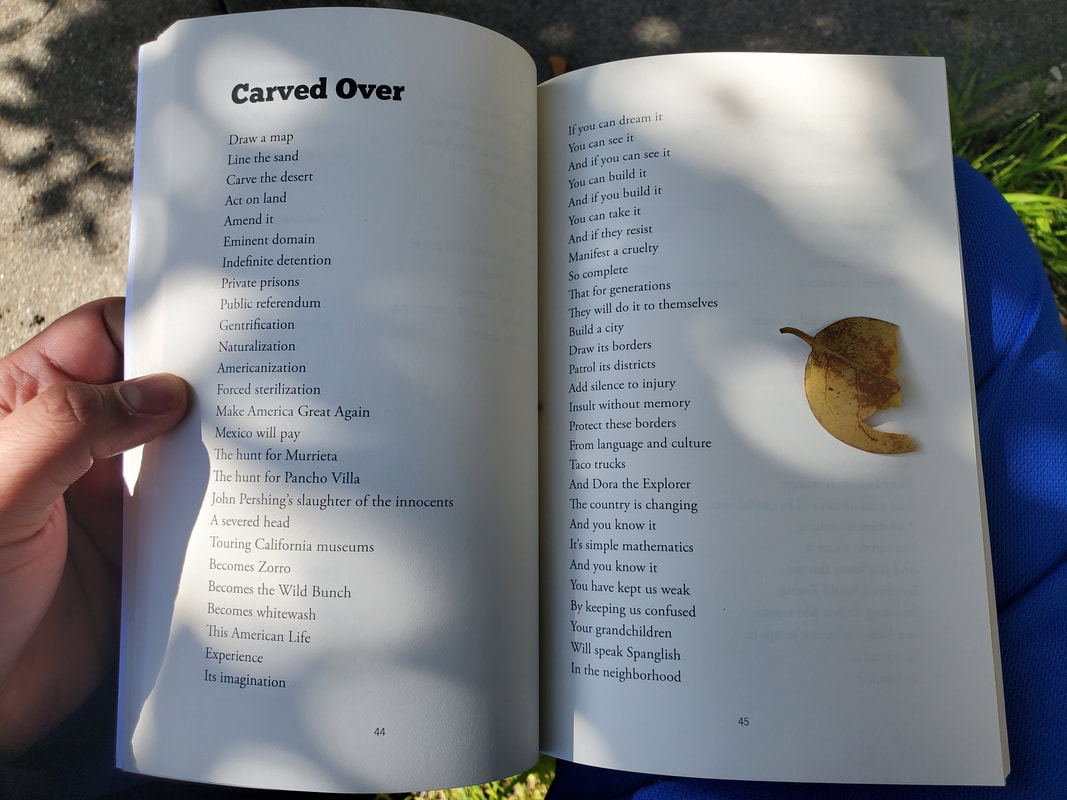

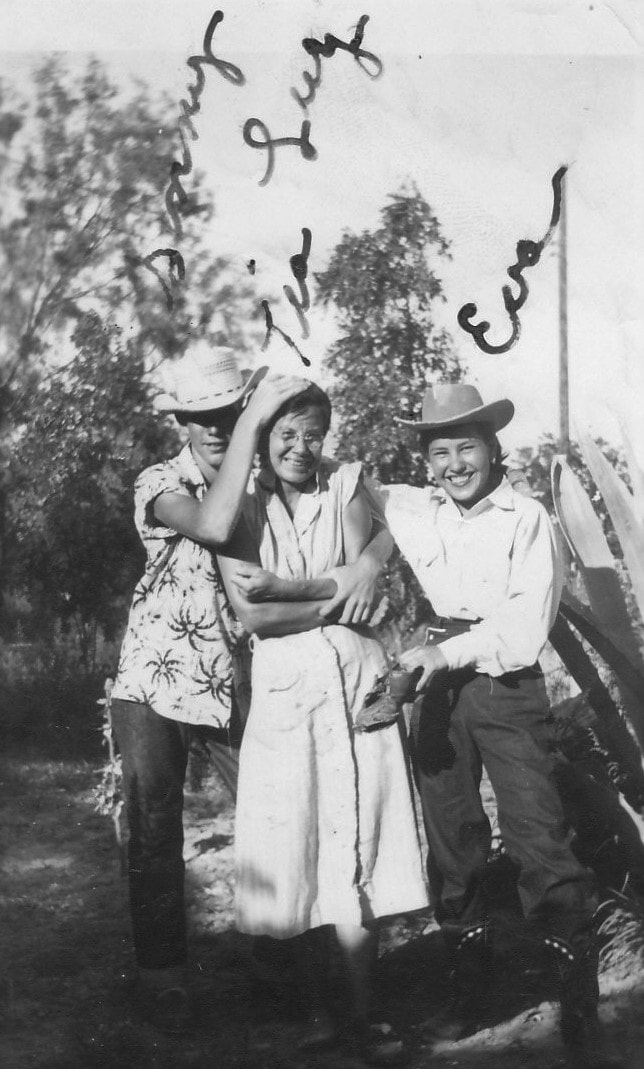
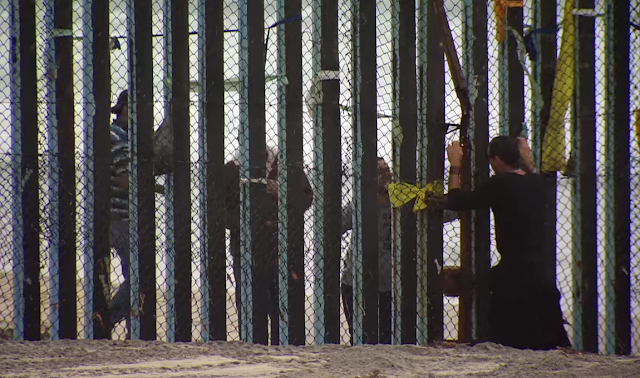
 RSS Feed
RSS Feed